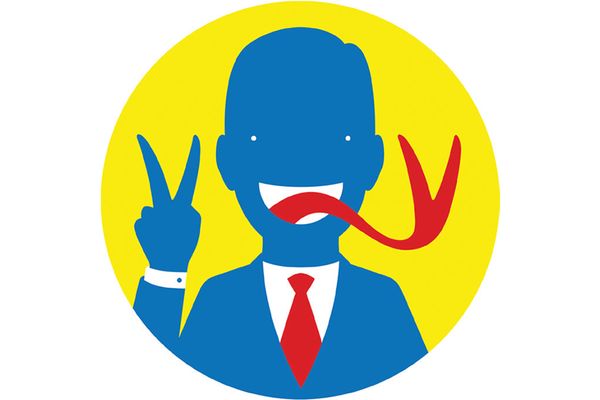Last year Donald Trump falsely claimed that the size of his inauguration audience was “the biggest ever,” despite photographic evidence to the contrary—one of his many demonstrable whoppers. Of course, neither candidate in the 2016 presidential election was seen as a paragon of honesty. Yet that seemed to hurt Hillary Clinton more than Trump. Why? New research suggests that sometimes lying can actually make a politician seem more authentic: followers see bald-faced lies by an interloper as symbolic protests against a crooked establishment.
In an online study, 424 participants read about a hypothetical race for a college student body president. The fictional candidate running against the incumbent had no student government experience. During a debate, the incumbent mentioned research supporting a campus alcohol ban. Half of the study subjects read that the research was not in a peer-reviewed journal and that the outsider candidate had noted this. The other half read that it was peer-reviewed, but the outsider lied and said it was not—an easily checkable claim—and that the outsider made a sexist remark about the researchers, violating another social norm.
Within each of those two groups, half also read that the incumbent's legitimacy was in question. The other half read that he was a good student representative. Study participants also completed a personality test and were randomly told the result matched either the incumbent's or the outsider's. Finally, they rated the outsider's authenticity.
On supporting science journalism
If you're enjoying this article, consider supporting our award-winning journalism by subscribing. By purchasing a subscription you are helping to ensure the future of impactful stories about the discoveries and ideas shaping our world today.
When subjects were told they shared the outsider's personality type and the incumbent's legitimacy was in question, both men and women rated the lying, misogynistic outsider as more authentic than the honest outsider. The research appeared in the February issue of American Sociological Review.
Hypothetical student governments “are a far cry from studying the American public and real political issues, so I'd hesitate to generalize,” says Diana Mutz, a political scientist at the University of Pennsylvania, who has studied Trump's supporters and was not involved in this study. But “the idea is interesting,” she adds.
The researchers did tie the study to the 2016 election by surveying 402 participants, who were told that one of Trump's tweets about global warming being a hoax had been definitively debunked. Trump supporters were more likely than Clinton supporters to see the tweet as not literal but as a challenge to the elite. They were also twice as likely to rate their preferred candidate as highly “authentic.”
Oliver Hahl, a management researcher at Carnegie Mellon University and the paper's lead author, says his studies have helped him understand Trump's supporters: “It gives me the sense that the world is still rational to some degree.”
